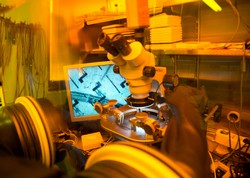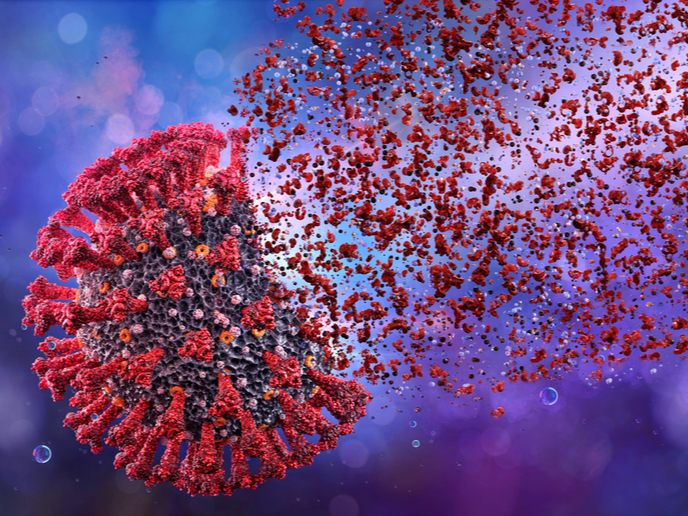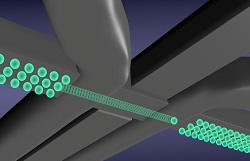Nanoscience research flows into industry
Nanoscience is widely expected to herald a new age of progress by addressing challenges like sustainable development, energy production and saving, and human health. Europe is a global powerhouse when it comes to nanoscience and produces world-class research in the field. The EU conducts fundamental research in the field, but translating this R&D into concrete industrial applications has been elusive. The EU-funded NFFA(opens in new window) (Nanoscience foundries and fine analysis) initiative brought together five leading European nanoscience facilities to jointly tackle this complex challenge. Researchers conducted a design study to test the feasibility of a new kind of user infrastructure comprising a cluster of up to six foundry centres. NFFA worked to integrate nanoscience research, provide European researchers with access to state-of-the-art facilities, and improve sample definition and characterisation for advanced experiments. Project partners came up with a blueprint for clustering these infrastructures to maximise their value. The team developed an Open Access Research programme to provide academic and industrial researchers access to flexible infrastructure with direct support from highly qualified scientific staff. Researchers also advanced Science Centres where scientists, research engineers and laboratory technicians will be devoted to in-house research. NFFA developed an Innovation and Industrial Research programme through which researchers can work with public and private institutions in their nanoscience/nanotechnology non-proprietary research. The Technical Liaison programme developed by NFFA will operate as a user-friendly common platform of standardised protocols, metrology and data. In the integrated data management and Data Repository(opens in new window) that NFFA developed, researchers will provide a second level of open access using the first Data Repository. The integrated Centres will provide facilities for simulations, synthesis of materials, nanofabrication, atomic precision manufacturing, surface and bulk analysis, and atomic-resolution microscopy. NFFA has attracted great interest among managers of large-scale facilities as well as policymakers, and the partners will look at new ways to build on this work in the future.





